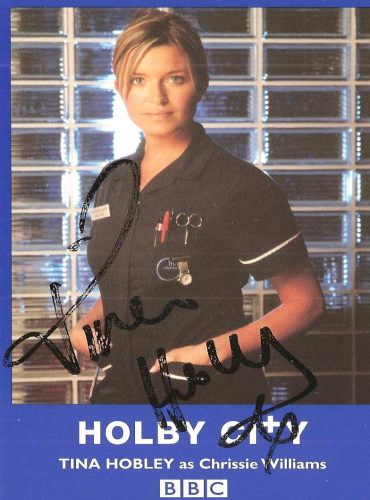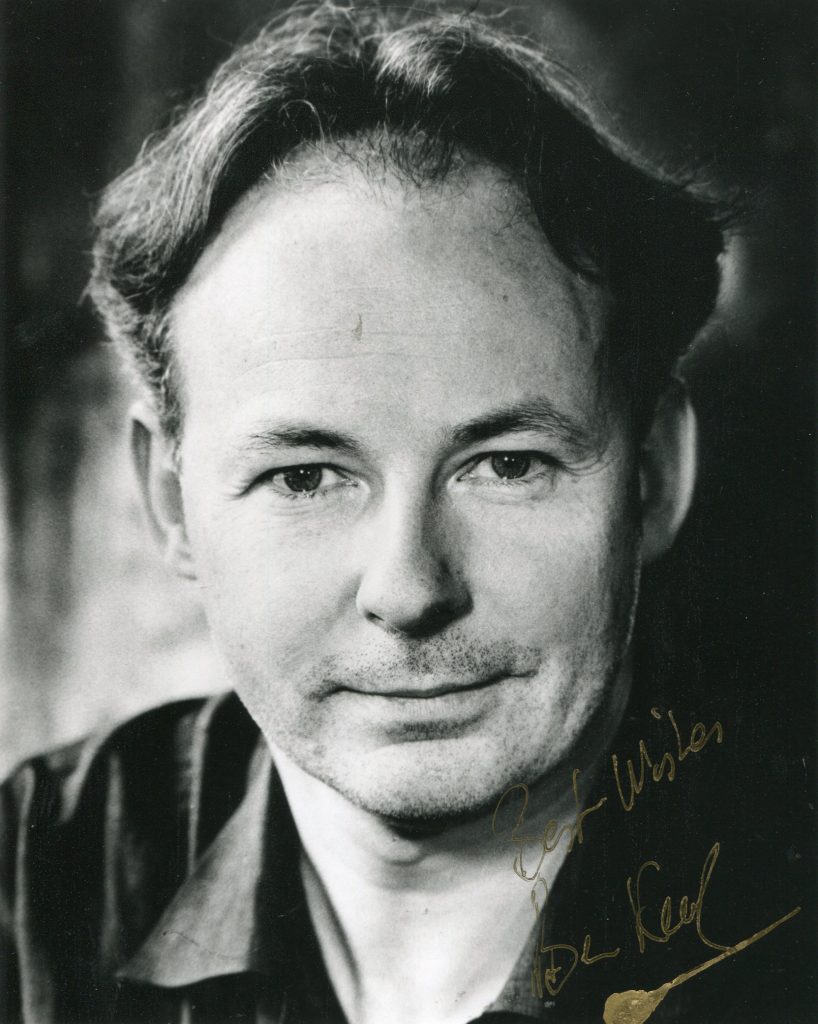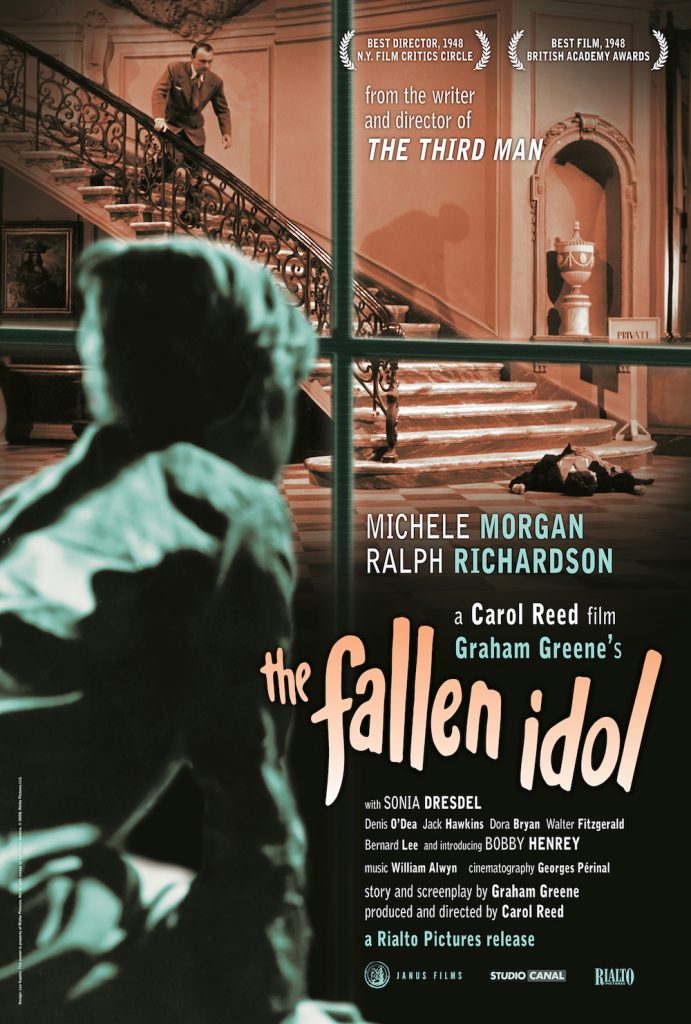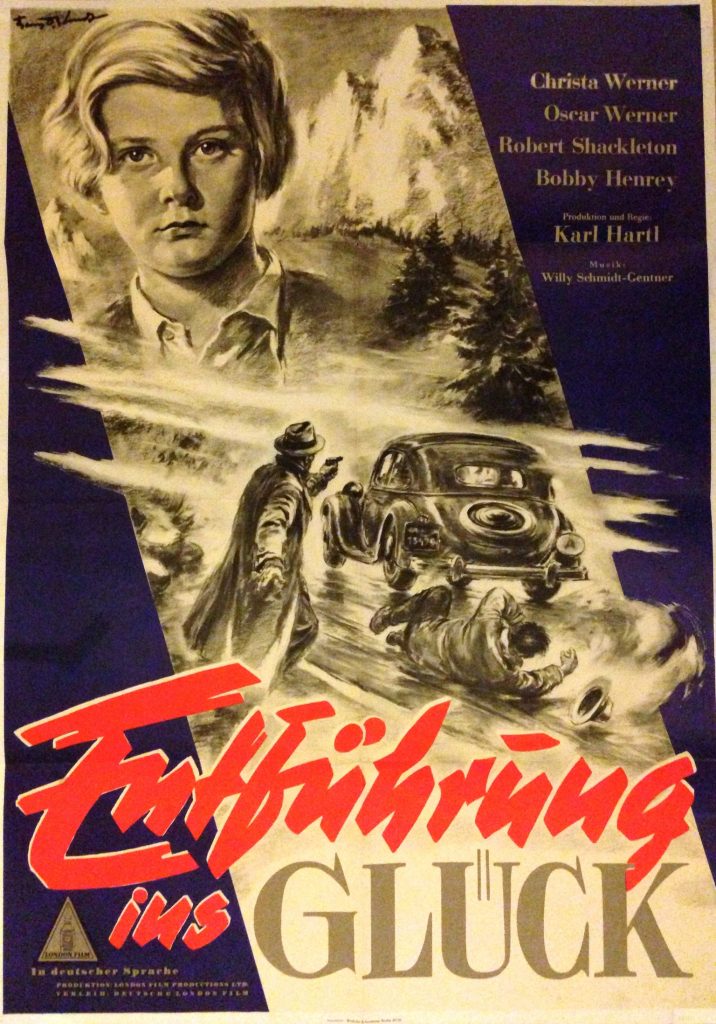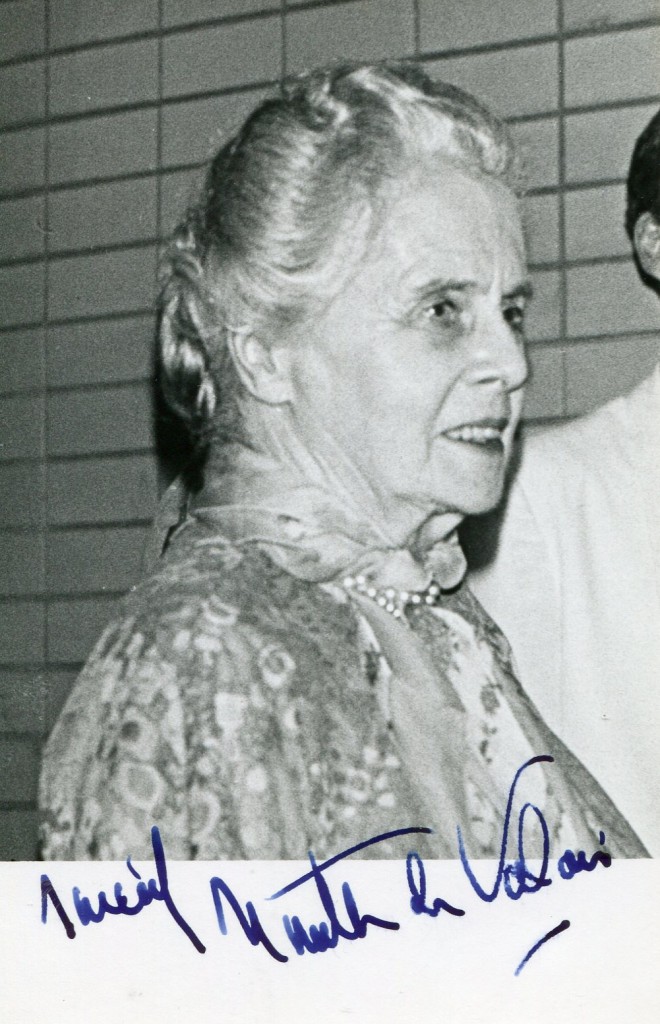On July 13 1996, just before the Royal Ballet School’s annual matinée at Covent Garden was about to begin, applause suddenly erupted from one side of the auditorium. “It must be Madam,” said those of us who could not see her, and everyone spontaneously rose to applaud the fragile, white-haired figure who had been wheeled to her place at the side of the stalls circle.Madam it was. Dame Ninette de Valois, who has died aged 102, had made it, as she had made it almost every year, to see the student dancers who would carry forward the work she had started so many years ago – the tiny enterprise that was to grow into the whole edifice of the Royal Ballet and its school.
Earlier that year, on February 20, she had made it to Covent Garden for the 50th anniversary of the reopening of the Royal Opera House in 1946 with her company’s production of The Sleeping Beauty. And she had come on stage for a standing ovation, led by the Queen from the royal box.
She was also at Sadler’s Wells that year for the final gala there, before the demolition of the theatre where her company had started. Far from being sentimental or nostalgic, Dame Ninette, although she never ceased to recognise the vital part which that theatre, thanks to Lilian Baylis, had played in the foundation of British ballet, knew it was time for rebuilding and lent her blessing to the enterprise. She had also travelled on a special train, at the age of 92, to celebrate the relocation of the then Sadler’s Wells Royal Ballet to Birmingham when it was time for that company to move on and become the Birmingham Royal Ballet of today. She took a great interest in the reopening of the Sadler’s Wells Theatre in October 1998, and of the Royal Opera House in November 1999.
Characteristically, she spent her 100th birthday at White Lodge in Richmond Park, the junior school of the Royal Ballet, still mentally alert to all that was going on and applauding, as always, the young dancers of the future. For, as she once wrote, “The work has not been thought out just for the present but for those days, months and years that go to make up the future. In brief there has been planted for you a true heritage. It is your duty to protect this gift – and see that it lives and expands.” The gift, of course, was the Royal Ballet.
The Royal Ballet was Dame Ninette de Valois’s ballet, the Royal Ballet School her school. So she regarded them; and no one disagreed. Without her the 20th-century history of ballet in these islands would have been entirely different. Dame Ninette made British ballet. She had lieutenants, of course, but the generalship was hers, and she alone, in the formative years, was irreplaceable.
Latterly she could not scrutinise, all the time, the working of both London and Birmingham companies and the school; but her occasional visitations, her questions and whiplash criticism never ceased to matter greatly. She always aroused awe in those, especially the women, who worked under her. To the last it was Madam’s approval that blessed, and her disapproval that damned, a budding project.
At any time in her long career, “indomitable” was one of the right adjectives for her, especially in the last decades of her life, when she refused to give in to the arthritis and other ailments that increasingly afflicted her. She was constantly in demand and was obdurately conscientious in meeting that demand.
Hindsight may tell us now that in the 1920s Britain was, at last, due for its turn as a centre of ballet. The Diaghilev company, known in London since 1911, had made a particularly big impression here. So had Pavlova. British dancers – Sokolova, Markova, Dolin, De Valois herself – were beginning to be noticeable among Diaghilev’s exalted Russians. But this was also a time when the French title worn by Diaghilev’s organisation, Les Ballets Russes, was a pertinent reminder that these exiled Russians had made their artistic home in France, where the tradition of ballet long outdated even the Russian one.
It would have been a rare prophet who, at that time, could tell that an enduring consequence of this gorgeous Franco-Russian marriage would be the determination of a young, rather solitary Irish dancer that such delights should be made possible in Britain too.
De Valois was born Edris Stannus at Baltiboys, a country house some two miles from the village of Blessington in County Wicklow, and always insisted, like WB Yeats, with whom she worked, “I am of Ireland.” Irish she was, by birth and temperament, but it was to England – like the Polish Marie Rambert – that she gave her life. Her first dance was an authentic Irish jig, taught to her by the family cook, Kate, to perform on the stone floor of the kitchen at Baltiboys. Did that jig, which she “adored”, instil in her the passionate understanding of native dances of the British Isles that she was, much later, to introduce with such sensible determination to the curriculum of the Royal Ballet School?
By the age of 11, the family had moved to London and she learned “fancy dancing” from the fashionable Mrs Wordsworth, and then more professional exercises at the Lila Field Academy. Halfway through her 14th year she was on tour with the “Wonder Children” from that academy, had learned the Dying Swan from having seen Pavlova, and claimed to have danced it – sometimes with encore – “on the end of every pier in England”.
But she realised that more serious training in classical ballet was necessary and went to Edouard Espinosa for classes. She became principal dancer in pantomimes at the Lyceum and in opera ballets at Covent Garden; took classes alongside Diaghilev’s dancers in London with Maestro Cecchetti; and became friends with Lydia Lopokova and Léonide Massine, with whose small company, in 1921, she had her first taste of working with Russians.
Already moves were afoot to establish a British national ballet and De Valois, with her usual good sense and foresight, realised that the only way to learn how to run a ballet repertory company was to join one. She went straight for the best and joined, unconditionally as a member of the corps de ballet, Diaghilev’s company. She was there from 1923 to 1925, and returned briefly in 1926. She danced and created solo roles in ballets by Massine and Nijinska; she learned about company procedure, choreography and, from her studies with Cecchetti and Nicholas Legat, the classic, academic dance.
In 1926 she opened her own school, grandly called the Academy of Choreographic Art, and that same year had her now celebrated interview with Lilian Baylis of the Old Vic. Baylis “liked her face”, liked her long-term plans for the establishment of a school and company – and the fact that she was not asking for any money. She offered work with her actors and singers at the Vic – “£l a week, dear, for the teaching, £2 for arranging a short dance per show” – and a carrot. She was planning to rebuild the derelict Sadler’s Wells Theatre, which would offer space for an embryonic ballet company. De Valois accepted her terms and never wavered in her gratitude for the faith Baylis had in her and for the support she gave.
In the years of waiting for the reopening of Sadler’s Wells, De Valois busied herself not only with her school but in working with Yeats at the Abbey Theatre, Dublin, and with Terence Gray at the Festival Theatre, Cambridge. She was also creating her first choreographies, so that when the time came to close her school and move it into Sadler’s Wells she had a nucleus of small ballets on which to build. With but one or two performances a week, and very few dancers, she had little else on which to build. But she had the immense good fortune of securing, right from the start, the services of Constant Lambert as musical director and, as invaluable guests, Markova and Dolin. It was Dolin’s performance as Satan in Job and Markova’s Giselle that really launched the company.
In 1935, when Markova left, De Valois dared, very riskily as it seemed, to make a ballerina of the adolescent Margot Fonteyn. She introduced the great classics, one by one, into the repertory and, there being no more adequate choreographer immediately in sight, she set about supplementing the classics with a British repertory.
Of her own choreography she was the toughest of critics, yet she was responsible for making much of that early repertory very British in character. She drew on artists such as Blake, Hogarth and Rowlandson for inspiration and decor, and British compositions old and new, guided by Lambert, for music. Once Frederick Ashton joined her in 1935 as chief choreographer, she was content to delegate much of the choreographic task to him, and in all the postwar years made only one ballet for her company, the unmemorable Don Quixote – to the Roberto Gerhard score. Yet three of her principal prewar works have lived on: Job – made for the Camargo Society, that curtain-raiser to the Vic-Wells company – The Rake’s Progress and Checkmate. They have lived because they are well-constructed and distinctively British items in an increasingly Catholic repertory.
From 1931 until her retirement from the directorship in 1963, Madam’s biography is that of her company, although she allowed, in her enchanting autobiography Come Dance With Me (1957), “a glimpse of the private side of someone’s public life”. It seems in retrospect a story of regally calm progress, but it had its challenges and its crises. Until 1939 there was the formidable rivalry of De Basil’s and later Massine’s big touring organisations, which had inherited so much of Diaghilev’s repertory and talent and came, every summer, to the big theatres of the West End, reducing the enterprise at Sadler’s Wells to pygmy size. Yet, even before the war scattered them, these Ballet Russe companies were disintegrating. They had no homes; no Diaghilevs to bind them.
During the war the Sadler’s Wells company became homeless – and was nearly stranded in Holland by the German invasion. Temporary residence was found at the New (now Albery) Theatre; nationwide touring became necessary; the loss of male dancers to the armed forces was, somehow, surmounted. The momentous step of accepting the invitation to reopen the Royal Opera House, Covent Garden, implying recognition of national status, followed in 1946. Perhaps the company was not quite ready. But largely through the new, sumptuous staging of The Sleeping Beauty (supervised by De Valois), it quickly acquired the strength to fit a bigger role. Then came the first visit to the United States in 1949; again a risk, again a triumph.
By 1956, the infant Vic-Wells Ballet had gained its Royal Charter – through a brilliantly argued submission written by De Valois – which safely united both companies and their schools under their Royal name. The Royal Ballet had become a setter of international standards, a provider of dancers, choreographers and ballet masters for all save the eastern bloc. And even in that world it proved its quality on its first visit to Moscow and Leningrad in 1961.
Meanwhile, the school had expanded into a full-time educational establishment, and when Madam retired from the company in 1963, it was to the school that she devoted her scarcely abated energy.
In addition to her work building a national ballet, Dame Ninette lived a happy parallel life as the wife of Dr AB Connell, whom she married in 1935 (he died in 1987). It was an exemplary union of volatility and calm. While Dr Connell practised at Sunningdale, she was known locally simply as “the doctor’s wife”, for she was as efficient and charming in running a household (she was an excellent cook) and in dealing with telephone messages for the doctor as she was in running her company.
She was made a Dame of the British Empire in 1957 and a Companion of Honour in 1982, and was awarded the ultimate honour, the Order of Merit, in 1992, receiving in the same year the special award of the Society of West End Theatres for her lifetime’s achievement. In addition, there were innumerable honorary degrees and decorations, accepted not so much for herself as in recognition of “the company”.
Lilian Baylis was not alone in “liking her face”. When young she was very pretty and a piquant, accomplished dancer. Her eyes were large and her facial bone structure was fine; she had the sort of young good looks that age enhanced.
Her manner was unobtrusive to the point of shyness and her conversation was a voluble flurry. She had many advisers, to none of whom she seemed to listen; her views were always strong, sometimes ruthless and, from day to day, self-contradictory. She had a persuasive charm that was almost irresistible and very seldom resisted. It was totally unforced, full of fun and humour.
Her great strength lay in her integrity, her complete lack of interest in getting rich – she never did – or in acquiring glory for herself. In her final years, past achievements mattered less and less to her; she looked urgently, impatiently, to the future, concerned only with what “her” ballet was going to become. Her colleagues, her dancers – her children, as they could not help regarding themselves – loved her, especially towards the end when she needed them most. They knew that without her they, the two companies, the school, the whole of British ballet with its reputation built over half a century, would not be here.
On her 100th birthday at White Lodge she was surrounded by the children she loved, especially the small boys. It was a beautiful day and she turned to one of her former colleagues, looked up at the sky and said: “I don’t see how anything up there can be as beautiful as this.”
Ninette de Valois (Edris Stannus), ballerina, choreographer, ballet company director and teacher, born June 6 1898; died March 8 2001
The late James Monahan (the Guardian’s former ballet critic, James Kennedy) took charge of the Royal Ballet School at the end of a long career in journalism and at the BBC World Service. He died in 1985.
The above “Guardian” obituary can also be accessed online here.
